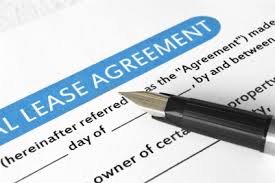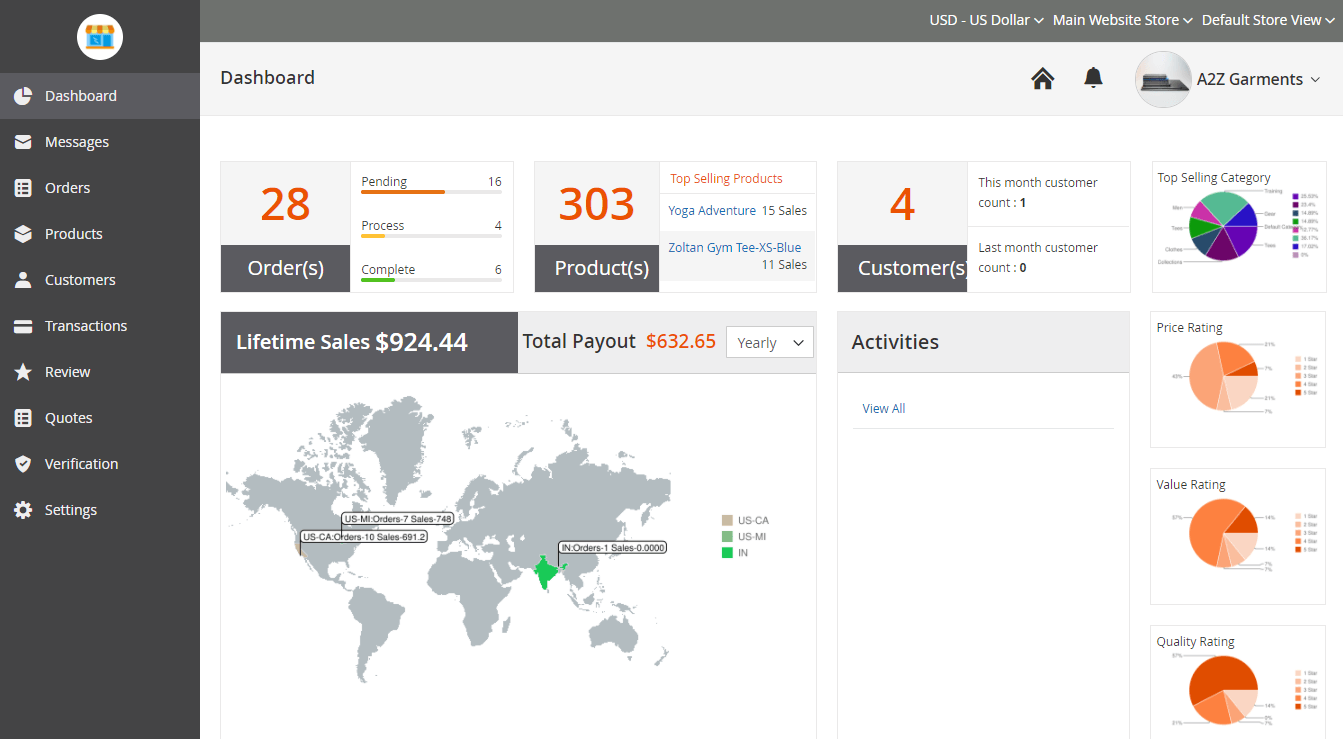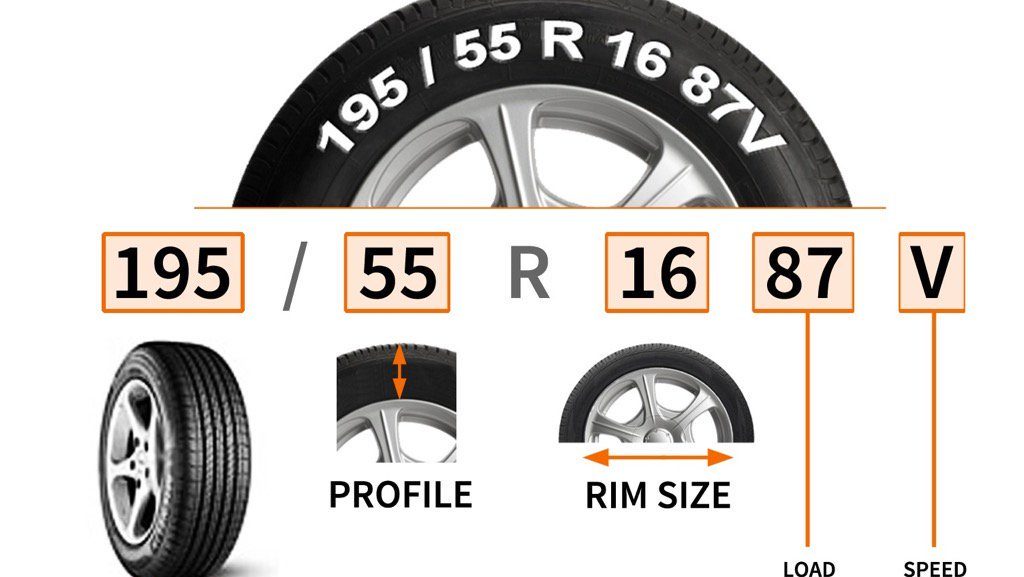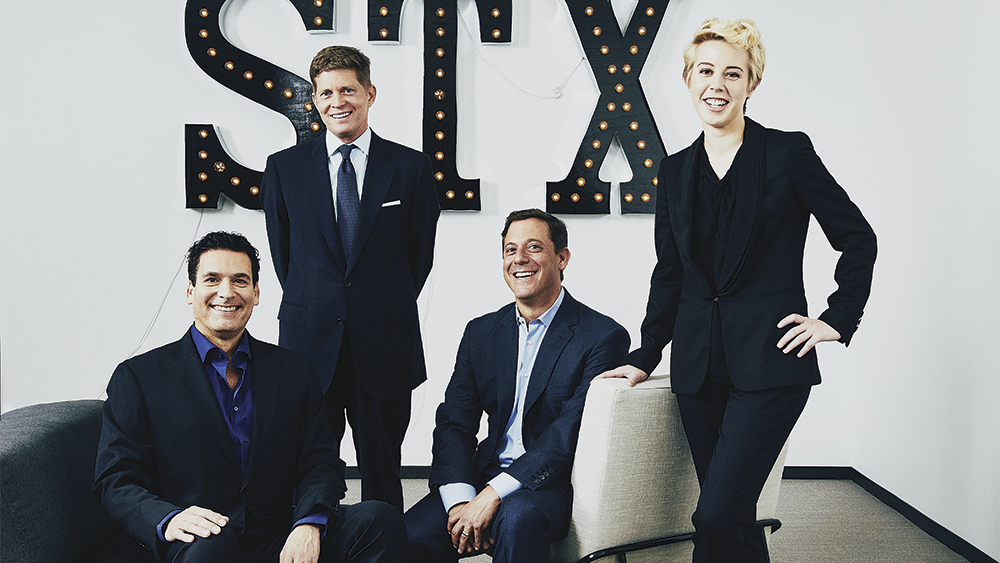Every contract can be tweaked!
No lease-residential or commercial is made in cast iron. A tenant has the basic right to discuss if he is uncomfortable with a certain clause or the entire contract. Across US cities, landlords and tenants depend on the agent or broker to explain the terms of the lease of a property. Often tenants realize that the landlord has an upper hand. Is the agent paid to market the property on the landlord’s terms? Does this short charge the person who wishes to lease the property? While residential enclaves enjoy a degree of successful exchange of terms and conditions to suit homeowners, the commercial leasing scenario is distinctive. Often, there is less parity in lease operating expense. It may come as a rider to the leaseholder. In such circumstances, it is best to be ‘commercial lease savvy’. This is not just about speaking to the solicitor to understand the legal language of the contract.
Read on to know more about the terms that impact the entire lease operative expense on your tenancy. If need be, appoint a solution provider to evaluate before signing the dotted line.
Lease terms- Not more than a decade
From coast to coast, in the USA, most commercial leases expire in ten years. Does this give an opportunity to a tenant to break free, in let’s say, 6 years? Unless you have such a clause in the contract it will not be possible. Flexibility is important to terminate the lease in unusual circumstances. Abrupt dissolution occurs because a leaseholder is unable to fathom operating expenses he has to pay. Look at the Landlord and Tenant Act of 1954 to know more about the ‘break clause’ to terminate the contract or alter the lease period. Ask a solicitor to explain the law as commercial leasing is complicated. Ask about the renewal option. As your business does well, it is best to understand the key operating areas of expense that a landlord may send an invoice to you. Make the most about Lease Operating Statement (LOS). Be aware of this statement which comes up annually for inspection and payment.
Understand spending habits of the landlord
Often commercial leaseholders are caught unaware about the payment of expenses. One reason is that the contract provides very little detail about this expenditure. So what you owe towards these expenses is debatable. Ask questions to clarify the charges if they come up annually. Ask why it was not included in the contractor put as a special clause. If you spend some time understanding what the landlord is asking you to pay, money can be saved. Your operating team should have clear insight about the LOS. They should be able to recognize the key capabilities, benefits, and integrated systems to reduce OPEX costs.
The following points are intended to make you commercial lease savvy:
- Know about the vendor invoices at the asset or cost level. The images of the same should be provided for your inspection.
- Invoices are sometimes duplicated or incorrect. Make an audit to avoid paying double the amount.
- Are there any leasing expenses that are on the higher side? Be pro-active to reduce them after an in-depth study.
- Annually, you will be able to identify the best and worst performing departments. Get the operation team to send circulars to departments to reduce the costs and expenses.
- Check which properties no longer are profitable. They could be adding to the lease expenses.
- Track budgets to know actual expenses.
- Have a streamlined system to breakdown overheads.
- Look beyond taxes, insurances, and other utilities.
- Check for management fees, costly repairs, and maintenance costs.
- Red flag items that you know the landlord can control and reduce expenditure.
All the above points can be regulated with the help of a software system that enables the leaseholder to operate within limited expenses. The same can be connected to accounts and ERP. All cash flow and invoices to be cleared should be systematic. When you are ultimately reconciling the accounts and Lease operating expense, both you and the landlord should be on the same page. Get a leasing expert company to evaluate for you if the landlord has increased expenses significantly. If there is a major disconnect between the contract of terms and what the landlord is charging, then it is time to talk. You can talk only when you are commercial lease savvy.
Tip: Get a company to provide a complimentary lease expense review or cursory audit. If errors can be identified, you save a lot of dollars.















